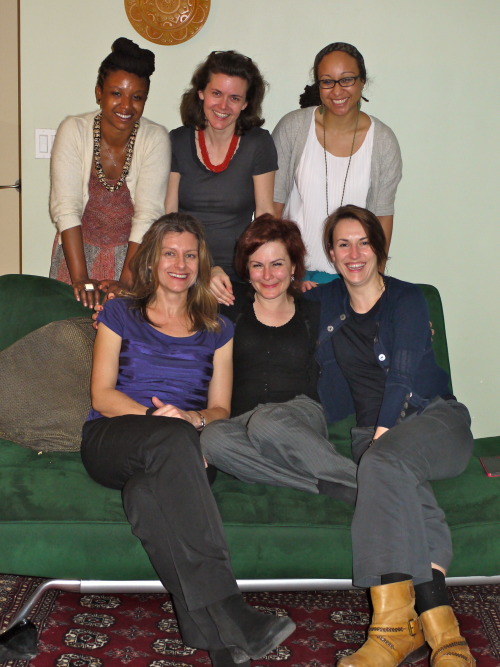Episode 16: Leaning in
/April 12, 2013
Finally, the great debate: The Broad Experience is leaning in.
"I went into the book with very negative expectations. I had read...articles...that suggested she came from a privileged point of view and didn’t have anything to say to the masses. But I felt completely the opposite after reading it." - Yvahn Martin
"There are two people in this book who are not white. One is a Hispanic male and one is an African-American male...She never talks about how non-white women have totally different experiences on top of what she's described." - Stacy-Marie Ishmael
"She’s not risking a ton by writing this book…but once you realize this is not my best friend Sheryl telling me what she thinks, there’s some good stuff in there.” - Dora Chomiak
Squarespace sponsor offer: For a free trial, go to Squarespace.com/broad, and if you do decide to continue past the offer period, you can get a 10% discount on your account by entering the offer code 'broad4' below the pricing options.
Show notes: my guests were the intrepid Dora Chomiak, Gaea Freireich, Stacy-Marie Ishmael (who you may remember from episode 7), Yvahn Martin, and Rebecca Jackson.
Here's Anne-Marie Slaughter's review of Lean In from the New York Times Sunday Book Review. And you might like to check out this male take on Sandberg's message on the Harvard Business Review blog. (In short, the author says women should *not* have to be more like men. I don't think following Sandberg's advice means they do, but that's another story. This piece is yet another example of how people read this book through an incredibly personal lens.)
And as I said in the podcast, for inspiring stories of women in science, check out Stories from the Field, from the Chemical Heritage Foundation.
